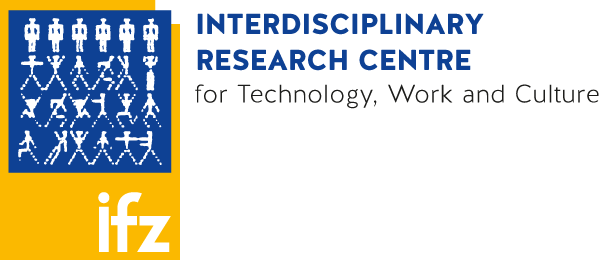CoopsForFood
Climate and Energy Fund under the "Energy Transition 2050" program
2021-2023
- RCE Graz-Styria – Zentrum für nachhaltige Gesellschaftstransformation / Universität Graz (Projektleitung)
- Raiffeisenverband Steiermark
- Sozialmedizinisches Zentrum Liebenau – Stadtteilarbeit Jakomini und Grünanger (Subauftragnehmer)
- Verein Illusions – Stadtteilzentrum Triester (Subauftragnehmer)
- Landwirtschaftskammer Steiermark (Subauftragnehmer)
- Petra Herout (Subauftragnehmer)
The CoopsForFood project is dealing with 'Diverse Economies of Sustainable Food’, and it aims to explain how to mainstream so called ‘Alternative Food Systems’.
In recent years, numerous alternatives to the mainstream of the food system have emerged: for instance FoodCoops, in which consumers and producers enter into relationships of solidarity and organize food supplies together. Another example, the ‘Community Supported Agriculture’ model is one step ahead: consumers also help planning and pre-financing of the food production or even engage in working on the farm. Often these alternative food supply systems remain elitist - only certain societal groups can afford it economically or in terms of time, or even know about it. CoopsForFood starts here and explores various options for making these supply models more socially inclusive. We consider cooperatives as a central anchor point to increase the accessibility to such Alternative Food Systems. In this respect, one focus of the project is to investigate how cooperative structures for food supply in Graz could look like in order to make regional food accessible to all citizens via local short supply chains.
However, such examples often remain isolated. They are not necessarily of socially low-threshold, but often spread in certain social milieus. People from other milieus do not necessarily feel comfortable there. In addition, participation also involves a sometimes not inconsiderable investment of time. Such alternatives also impose certain requirements on participating farms that are not always easy to meet. In order to exploit the potential of alternative food networks, it is necessary to develop new formats of socially lower-threshold that imply new actor networks so that a new, sustainable "food ecosystem" could emerge.
The cooperative model might represent such a new format of alternative food networks, especially the innovative form of the multi-stakeholder cooperative. In such a cooperative, different actors - including existing cooperatives - cooperate. The project "CoopsForFood" sets an impulse for the foundation of such a cooperative in neighbourhoods in Graz with a high proportion of disadvantaged people. Based on the experiences with this impulse and a series of workshops, "CoopsForFood" develops a concept for a "CSA 2.0": a community supported agriculture that connects consumers, producers, processing companies, gastronomy and public procurement in a cooperative.
Accompanying "CoopsForFood" will engage people from different sectors in a public discussion about a sustainable food system by sharing and creatively shaping their everyday routines, and also new experiences with food, supply and alternatives to the mainstream of the food system in "Food Stories".
